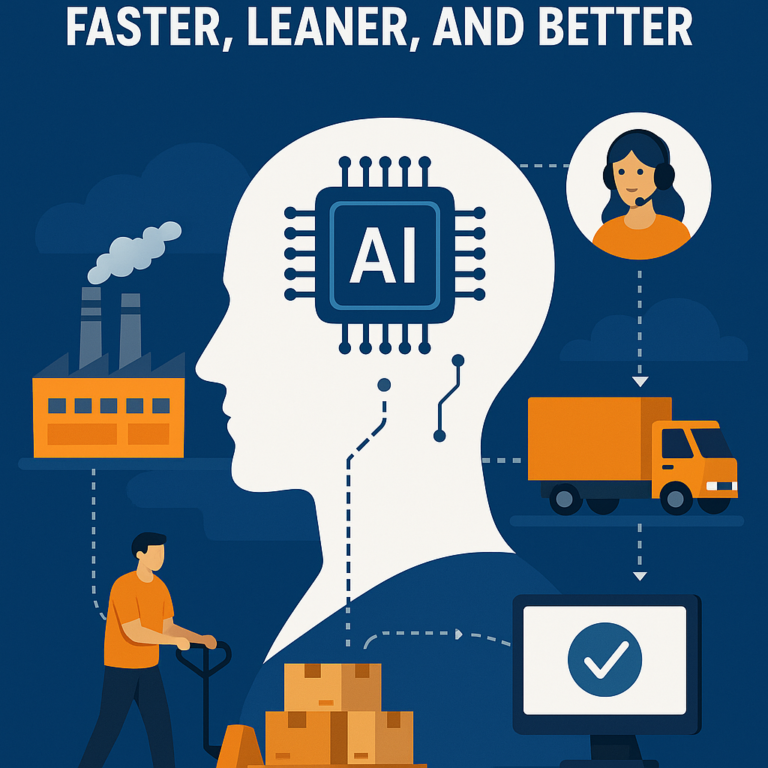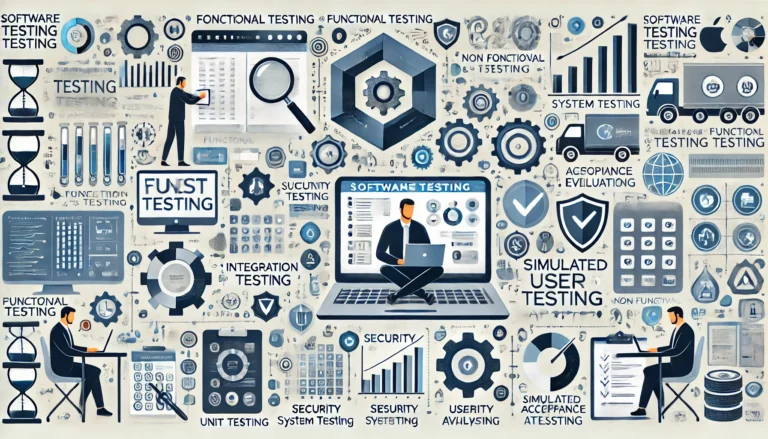Making the decision between custom software development and Software as a Service (SaaS) is crucial. Their distinct advantages impact several aspects such as functionality and personalization. For the particular needs and objectives of your company, we are here to assist you in understanding these terms. SaaS and customized software solutions are the two primary software options covered in this piece of writing. If you’re trying to decide between SaaS and custom software, read this carefully to gain a deeper grasp of both.
What is SaaS?
Software as a Service (SaaS) is a licensing model where software access is given via subscription. Instead of being hosted on internal servers, the software is located on external servers. A username and password are typically required to log onto software as a service, which is typically accessed using a web browser. Instead of requiring each user to install the software on their own computer, users can access the software through the Internet.
Pros of Saas-
- SaaS solutions can lower the upfront cost of obtaining revolutionary technology for businesses. SaaS solutions require a less initial cost than custom development, even though subscription fees do mount up over time. This is especially valid for businesses that don’t have many users on usage-based subscription plans.
- SaaS application maintenance is essentially simple. Users receive upgrades and updates from the SaaS provider as required. Therefore, expensive reinstallations and on-site IT support are not required. Subscription payments cover upgrades, which are effectively user-funded.
- Users can easily modify user licenses under needs due to SaaS offerings. You don’t need to be concerned about your staff growing out software meant for a smaller team while using SaaS services. Similarly, if you find that you don’t require as much access as you formerly did, you can cancel your subscription.
Cons of SaaS-
- Many companies employ standardized SaaS applications. This could lessen your competitive edge because the features you use and the actions you carry out with the application are not distinct.
- Software is standardized for all users via SaaS, which may force companies to modify how they operate, which will likely result in lower productivity and efficiency.
- Users’ power over the program is limited because the service provider manages it.
What is Custom Software?
Custom software is software created specifically to meet the needs of a certain business. Serving several sectors and enterprises is not its intended use. Rather, it can be easily expanded to meet your evolving demands as your business expands. Because of its customized features, large firms view custom software as their first choice. Still, bespoke software development is extremely important and useful for small enterprises.
The bespoke software tools are perfect for fulfilling the needs of your business and could be any kind of software, including websites and mobile applications. This makes the market for custom software creation distinct from that of mass-market packaged software, like commercial off-the-shelf software.
Pros of Custom Software-
- Customized software offers the exact functionalities required for your company’s operations, improving productivity and client support.
- Since hackers are less likely to target customized software than well-known off-the-shelf products, it can be more secure. To manage particular corporate operations, it can also be stabilized.
- Customized software can strengthen a company’s competitive edge. By providing services or efficiency that rivals cannot replicate, companies can differentiate themselves from rivals using custom features and functions.
Cons of Custom Software-
- Maintenance responsibility is with you when you develop a custom solution. To manage software upgrades and troubleshooting, you’ll need an internal or external development team.
- Usually, more expensive upfront than using a SaaS solution, custom software takes more upfront cash. This is so that the initial development investment for unique solutions can be made. To implement your custom software intent you’ll probably need to engage a dedicated development team.
- It is necessary to budget for in-process time if you intend to develop a custom software solution. Custom software requires more time to develop and deploy than SaaS solutions. This implies that you cannot use the program to achieve your business goal as rapidly as you could in a different situation.
How to Decide Between SaaS and Custom Software for Your Business?
To make an informed decision between SaaS and custom software, keep the following points in mind:
- The most significant factor in determining which option is now best for your business will be your budget. SaaS software is often less expensive than custom software. Thus, make a list of your company’s needs and get an estimate from a provider for the price of developing custom software. Taking into account purchasing bespoke software solutions ought to be a logical choice.
- Prioritize and identify your business needs and challenges first. Then, before purchasing any software—custom or SaaS—take into account its features and functionalities. Businesses can’t grow to their full potential without the right features and functionalities. If the SaaS solution isn’t able to satisfy every functional demand the organization has, it might be time to consult with a software development firm about creating a custom solution.
- Don’t limit your consideration to software solutions when selecting the best option for your company. However, you need to think long-term. Therefore, start by considering how this solution can support the growth of your company and help you accomplish your objectives in the upcoming years. In what ways can you design this solution so that it complies with business factors in the upcoming years? Will this solution be flexible enough to evolve with your business as it grows and changes? Lastly, is it worth spending money and effort on a solution that will only need to be changed once a year? Selecting between custom software and SaaS is a tricky decision.














